Algorithmic trading, or algo trading, uses computer programs to execute trades in the financial markets based on predefined rules and strategies. Algo trading has become increasingly popular in recent years, as it offers several advantages over manual trading, such as speed, accuracy, efficiency, and lower costs. However, algo trading faces many challenges, such as complexity, volatility, regulation, and competition. To overcome these challenges and gain an edge in the market, traders must also leverage the power of supercomputing.
Supercomputing uses high-performance mainframe systems that can rapidly process massive amounts of data and complex calculations. Supercomputing has been traditionally used for scientific research and engineering applications, such as weather forecasting, climate modeling, and nuclear simulations. However, supercomputing has also found its way into the financial industry in recent years, especially in algo trading.
How Supercomputing Enhances Algo Trading
Supercomputing can enhance the capabilities and performance of algo trading in several ways, such as:
- Improved Data Analysis: Supercomputing can process large and diverse datasets more efficiently, enabling better pattern recognition, predictive modeling, and anomaly detection. This can lead to more accurate market predictions, improved trading strategies, and enhanced risk management.
- Portfolio Optimization: Supercomputing can more effectively solve complex optimization problems, such as portfolio diversification, asset allocation, and rebalancing. Supercomputing can identify optimal investment combinations and maximize returns by considering multiple variables, constraints, and objectives simultaneously.
- Speed and Latency Reduction: Supercomputing can perform calculations exponentially faster, reducing latency and enabling real-time decision making. This advantage can give traders a competitive edge in executing trades and reacting swiftly to market fluctuations.
- Innovation and Experimentation: Supercomputing can facilitate innovation and experimentation in algo trading, by allowing traders to test and refine new ideas, algorithms, and models. Supercomputing can also enable traders to explore new markets, asset classes, and trading opportunities.
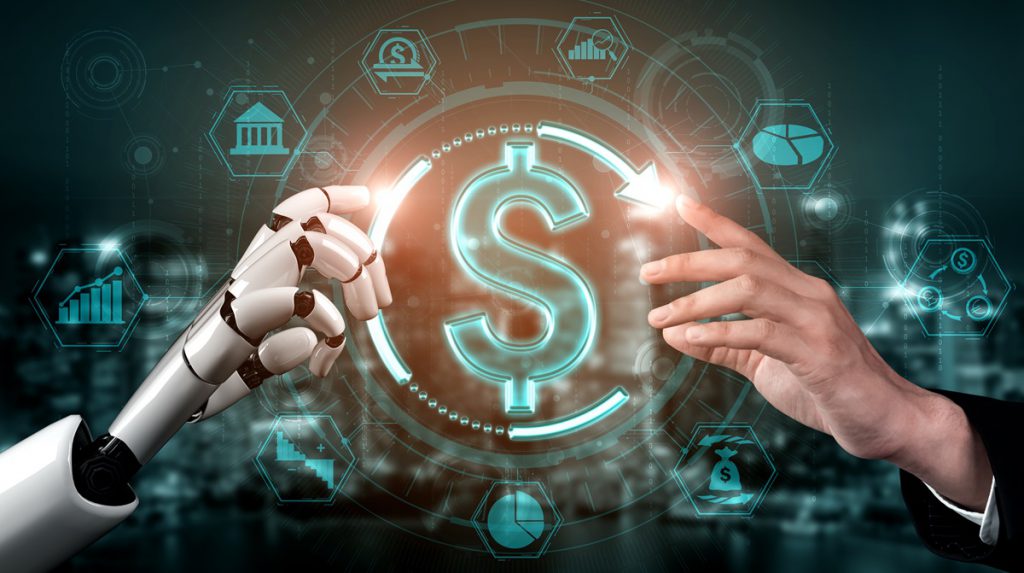
Examples of Supercomputing Applications in Algo Trading
Supercomputing has been applied in various aspects and domains of algo trading, such as:
- High-Frequency Trading (HFT): HFT is a type of algo trading that involves placing a large number of orders in fractions of a second, exploiting small price movements and market inefficiencies. HFT requires extremely fast and powerful computing systems, as well as low-latency network connections, to execute trades before the market changes. Supercomputing can provide the necessary speed and processing power for HFT, as well as the ability to handle large volumes of data and transactions.
- Machine Learning (ML) and Artificial Intelligence (AI): ML and AI are branches of computer science that involve creating systems that can learn from data and perform tasks that normally require human intelligence, such as reasoning, decision making, and problem solving. ML and AI can enhance algo trading by enabling traders to discover hidden patterns, generate insights, and automate decisions. Supercomputing can support the development and application of ML and AI algorithms in algo trading, by providing the computational resources, data storage, and parallel processing capabilities.
- Quantum Computing: Quantum computing is a novel form of computing that leverages the principles of quantum mechanics to perform calculations that are currently beyond the reach of classical computers. Quantum computing has the potential to revolutionize algo trading, by offering unprecedented computational power and the ability to solve complex problems at an astonishing pace. Supercomputing can facilitate the integration and adoption of quantum computing in algo trading, by providing the infrastructure, simulation, and testing environments.
The Future of Supercomputing and Algo Trading
The future of supercomputing and algo trading is bright and promising, as both fields are constantly evolving and advancing. Supercomputing is expected to grow at a compound annual growth rate (CAGR) of 9.9% from 2020 to 2027, reaching a market size of $38.9 billion by 2027. Algo trading is also expected to grow at a CAGR of 11.23% from 2021 to 2026, reaching a market size of $22.8 billion by 2026. (Source: MordorIntelligence)
The growth of supercomputing and algo trading will be driven by several factors, such as:
- Rising Demand: The demand for supercomputing and algo trading will increase as more traders, investors, and institutions seek to leverage the benefits of these technologies, such as higher returns, lower costs, and better risk management.
- Technological Innovation: The innovation and development of new technologies, such as quantum computing, cloud computing, and blockchain, will create new opportunities and challenges for supercomputing and algo trading, as well as enhance their capabilities and performance.
- Government Regulation: The regulation and oversight of supercomputing and algo trading will also influence their growth and adoption, as governments and regulators seek to ensure the fairness, transparency, and stability of the financial markets, as well as protect the interests and rights of the market participants.
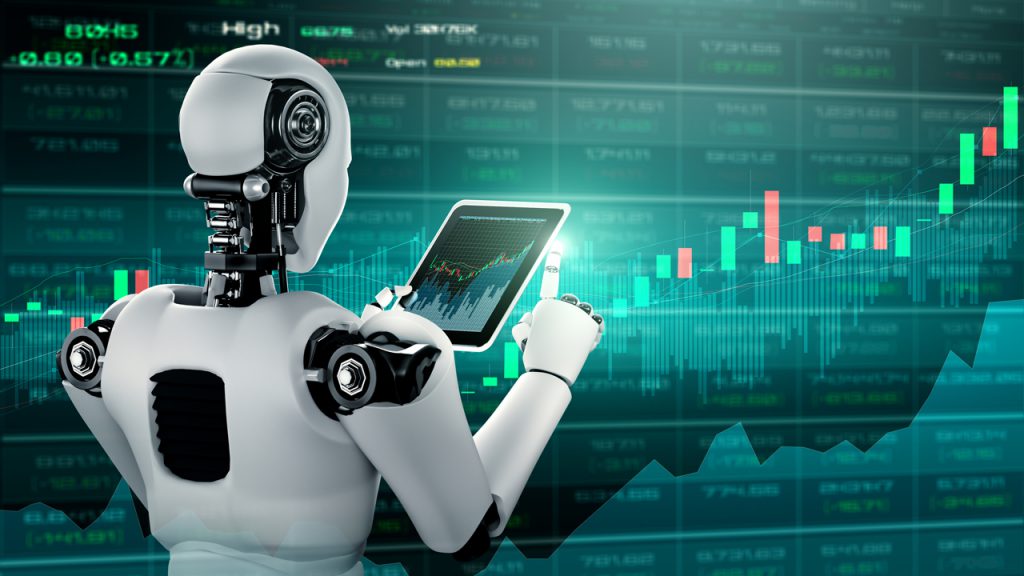
Conclusion
Supercomputing is transforming algo trading, by providing the necessary speed, power, and intelligence to execute trades in the complex and dynamic financial markets. Supercomputing can improve the data analysis, portfolio optimization, latency reduction, and innovation aspects of algo trading, as well as enable the application of new technologies, such as quantum computing, machine learning, and artificial intelligence. Supercomputing and algo trading are expected to grow and evolve in the future, as they offer significant advantages and opportunities for traders, investors, and institutions. However, supercomputing and algo trading also face many challenges and risks, such as technical glitches, cyberattacks, ethical issues, and regulatory uncertainties. Therefore, supercomputing and algo trading require careful and responsible use, as well as constant monitoring and improvement, to ensure their optimal and sustainable development.
Tyrone Systems is a leading provider of high-performance computing (HPC), AI/ML servers & workstations, cloud technology, big data, and storage solutions. They offer a wide range of services including data center computing and mixed workload support. For over a decade, Tyrone has been helping companies around the world run complex businesses efficiently, securely, and reliably. Their aim is to change the way you work by providing customized technology solutions to achieve your business goals.


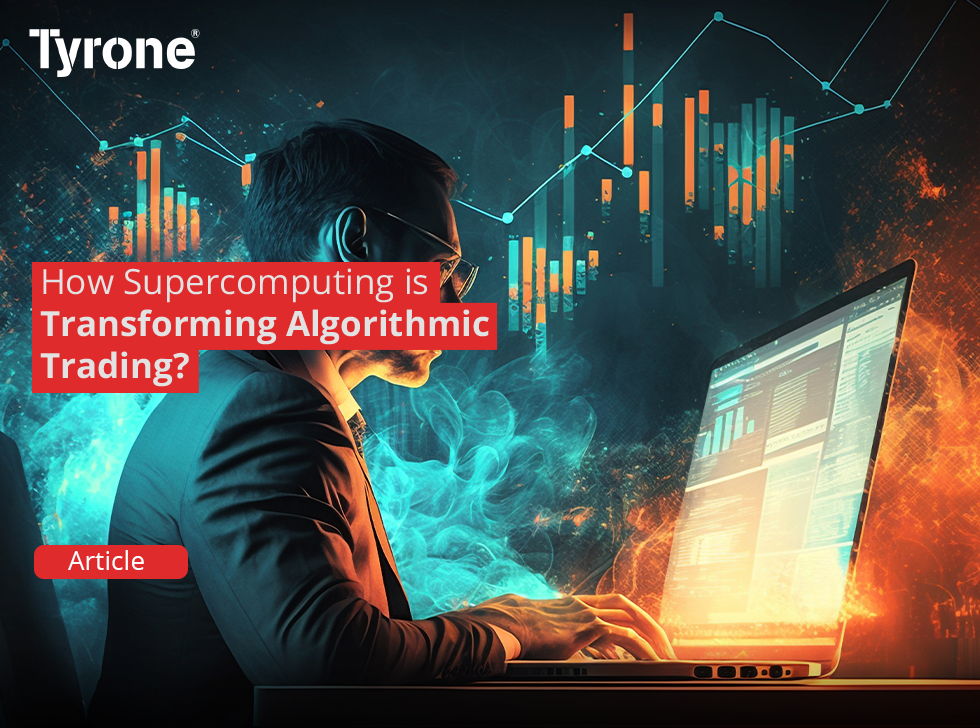

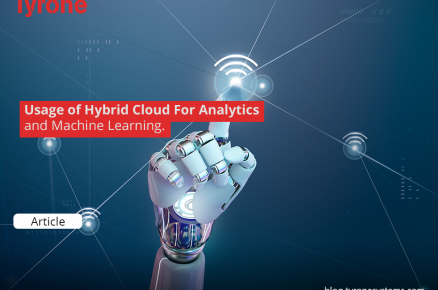




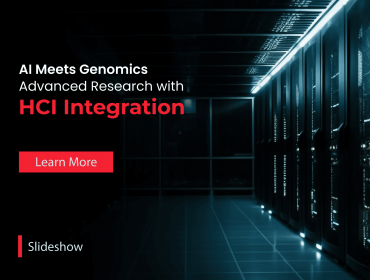



Comments are closed.